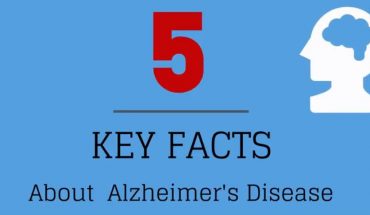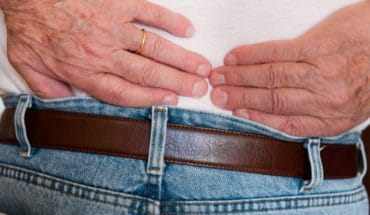There are now 11.8 million people aged 65 or over in the UK and many older individuals aren’t getting outside regularly putting them at greater risk of vitamin D deficiency.
Why is Vitamin D Important for those over 65?
Vitamin D is as important for bone and muscle health in adults as it is in children. Optimum vitamin D levels in the elderly can help to preserve their muscle function and bone health and therefore their mobility and independence.
Vitamin D is as important for bone and muscle health in adults as it is in children. Optimum vitamin D levels in the elderly can help to preserve their muscle function and bone health and therefore their mobility and independence.
Vitamin D is important for helping our immune system fight off infections, as well as maintaining healthy nervous system function.
The over 65’s and D-deficiency
The majority of our vitamin D is produced when our skin is exposed to the sun with only a small proportion coming from food. In elderly individuals, there is a decreased ability to synthesise vitamin D from the sun and compromised digestive function can reduce vitamin D absorption from food sources. These factors, along with spending less time outdoors than they might have done previously, put older individuals at greater risk of vitamin D deficiency.
Vitamin D is particularly important for helping to preserve muscle strength of those who are ageing, as decreased strength can result in falls and the progression of sarcopenia – the loss of muscle mass and strength.
Osteoporosis is a condition where bone does not grow at the rate that it is lost, leading to a low bone density. Osteoporosis can lead to an increased risk of bone fractures resulting in compromised mobility and quality of life for older individuals. Vitamin D helps in the development and maintenance of bones and is required for calcium to be absorbed so maintaining healthy levels of vitamin D is important for preserving bone health.
Deficiency Symptoms
Individuals aged 65 and over might notice their muscles weakening and a general feeling of fatigue as they get older. Weakness and fatigue are commonly associated with ageing but can also be symptoms of vitamin D deficiency. Many older individuals attribute tiredness to their age often ignoring symptoms which could be the result of vitamin D deficiency.
Many older individuals attribute tiredness to their age often ignoring symptoms which could be the result of vitamin D deficiency.
Other deficiency symptoms to look out for include low mood, an increase in coughs and colds and bone pain.
It’s important to note that it is possible to be vitamin D deficient and have no external symptoms at all. It’s never a bad idea to get tested!
Optimising Vitamin D Levels in the over 65’s
Due to limited exposure to vitamin D through sunlight and diet in the over 65’s it is important to consider supplementation to reach and maintain optimal vitamin D levels and help prevent deficiency. One study found that supplementing vitamin D in a dose of 700-1000 IU a day reduced falls in older individuals.
Optimising vitamin D levels in over 65s is important to help prevent against ageing related conditions that may lead to falls, fractures and reduced quality of life.
Kim Pearson and BetterYou are supporting Vitamin D Awareness Week (23-29 October 2017) encouraging people to test their vitamin D levels and identify the common symptoms of deficiency.
- Vitamin D deficiency in older people - 29th October 2017







